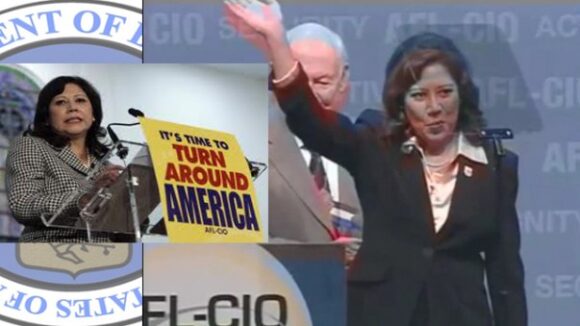Right to Work Wins Again
Development Counselors International (DCI) ranked the top five and the bottom five states, in terms of what states provide an economic climate most favorable to business. The rankings show that states following right-to-work laws held the top five spots, while states following more union-friendly rules held the bottom five spots.
DCI asked corporate executives and representatives to name the three states they thought provided the "most favorable business climates," and the three states least favorable to business. Texas ranked #1 in the final survey results, while California ranked dead last at #50.
DCI provided this commentary on the results:
Common themes of low operating costs and a pro-business environment emerge for the top five [original emphasis]. Positive responses emphasized costs, low taxes and incentive offerings, while negative opinions cited high taxes, anti-business climates and fiscal problems/state deficits.
Here are the top five states, in order: Texas, North Carolina, South Carolina, Tennessee, Florida.
Here are the bottom five states, starting with with the worst ranked: California, New York, Illinois, New Jersey, Michigan.


